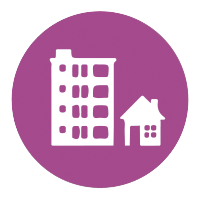BUILDING AN INCLUSIVE AND EQUITABLE SYSTEM
For decades, our traditional healthcare system has failed to prioritize diversity, equity, inclusion, accessibility and belonging (DEIA&B). While we’ve made progress in recent years, it hasn’t been enough. Healthcare is a fundamental human right that should be available to all individuals. As leaders and stewards of medical institutions, it is our responsibility to ensure that this right is upheld. Eliminating structural racism is crucial for creating a healthcare system that is equitable and just for all individuals. Unequal access can manifest as disparities in care, poorer health outcomes in marginalized communities, and a lack of diversity among healthcare providers and researchers.
One way to promote greater equity in healthcare is to ensure that research includes people from diverse backgrounds with different experiences, which leads to more accurate and relevant findings across a wider range of individuals. Access, especially for people with disabilities, goes beyond architecture and includes “on-ramps” like accessible technologies, highquality broadband, language options, teletype devices (TTY) and many other technologies to foster a genuine culture of inclusion.
Successful solutions must be rooted in a deep understanding of the social determinants of health, which connects health outcomes to all the conditions in a patient’s environment—where they are born, live, learn, work and age. These determinants directly impact people’s health, well-being and quality of life.
SOCIAL DETERMINANTS OF HEALTH
-
 HEALTHCARE ACCESS & QUALITY
HEALTHCARE ACCESS & QUALITY -
 EDUCATION ACCESS & QUALITY
EDUCATION ACCESS & QUALITY -
 ECONOMIC STABILITY
ECONOMIC STABILITY -
 SOCIAL & COMMUNITY CONTEXT
SOCIAL & COMMUNITY CONTEXT -
 NEIGHBORHOOD & BUILT ENVIRONMENT
NEIGHBORHOOD & BUILT ENVIRONMENT
